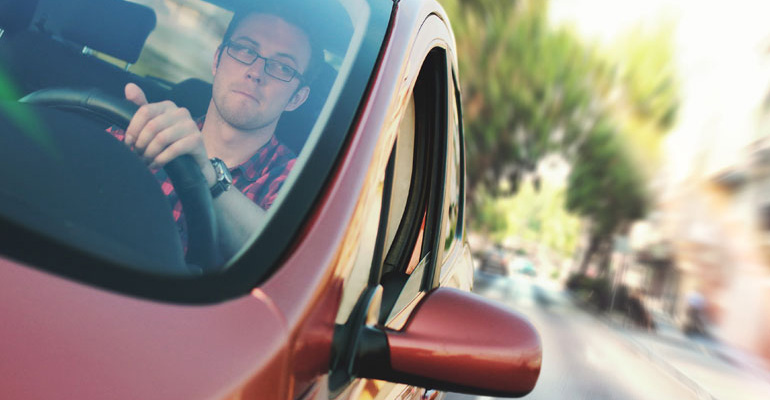Looking for Road Traffic Lawyers in Inverness for a recent speeding case?
Almost everybody has been guilty of speeding at some point. Many speed deliberately, but there are lots of others who simply find themselves distracted, and their speedometer creeps up without them noticing.
Although we can assist defend you with many driving laws including dangerous driving, drink driving, & mobile phone use - Speeding is without a doubt the most common offence that people commit while on the roads, and the penalty – points on your licence – mean that you are at risk of losing the right to drive altogether. Even if this doesn’t happen, you are still at risk of being fined, and once you are convicted of a speed offence, you will find that your car insurance rises dramatically.
Of course, you should always obey the speed limit when possible, but if you do find yourself being caught above the speed limit, then you will need expert help with your case.
Our experienced Inverness Road Traffic Lawyers have plenty of knowledge about the equipment used by the police to monitor driver speeds. It is important for us to learn about new technology as it develops, as this means that we can work with you to build the best possible defence.
At the moment, there are a number of ways in which the police can tell if you’re speeding, and this includes laser detection, average speed cameras and speed guns. The average speed cameras in particular are becoming increasingly popular, thanks to the fact that drivers cannot just slow down when they see the camera in order to avoid a fine. There is a lot of research to suggest that laser devices are the most accurate when it comes to recording speed.

THE KEY TO A STRONG DEFENCE IS KNOWING WHAT THE POLICE DON’T WANT YOU TO KNOW
If you want to build a strong defence, then you will need to know some things that the police would rather you didn’t – for example their actual ability to use the equipment in question.
If you choose to challenge your speeding charge in Inverness, the police will have to give evidence relating to the equipment that they used to record your speed. Challenging the accuracy of police equipment is one of the main routes towards having a conviction overturned. Once you have done this, it is the job of the police to prove that the equipment works, that it has been tested and serviced, and that it was calibrated before it was used. It is sometimes quite difficult for the police to prove that the equipment is fit for purpose, and the following need to be checked:
The certification
If this isn’t in date, then it is not legal to be used in a speed prosecution. This is always the starting point when trying to overturn a conviction.
The test certificates
All testing should be valid, and should have been carried out by professionals who were qualified to do so. Lots of forces self-test, which doesn’t make the equipment legal for use in prosecution. Service history should be checked, and the use history log for the equipment. All of these things may serve to highlight issues that wouldn’t otherwise have come to anyone’s attention.
How the equipment was used
If the equipment was not used correctly, then any readings cannot be used in a prosecution. The equipment should have been tested before and after the reading, to show that it was capable of accurately recording speed. If these checks were not performed on the equipment, then there can be no proof that it was working properly.
Any equipment can give false results
No matter how high quality a piece of equipment is, there is always the chance that an inaccurate result might be recorded. There are lots of things that might contribute to the likelihood of a false result – and we have the knowledge to help you find the smallest of details that might make a huge difference for your case. No matter what your situation, we will work together with you to make as strong a case as possible.
The poor skills of an operator, or their ignorance as to the proper use of the device, can give rise to inaccurate results. The inherent faults found within some of these devices can also contribute to false results. The manufacturer guidelines for all speed detection equipment is a crucial starting point for any serious challenge to the test results being used against you. To competently challenge the weaknesses often present in speeding cases, you will require the assistance of a specialist road traffic lawyer.
